Asia Gastronomy Cities
Usuki - UNESCO City of Gastronomy
Usuki, a quaint town in Oita Prefecture, Japan, is a culinary paradise waiting to be appreciated. This former feudal stronghold, home to about 36,000 residents, is celebrated for its exceptional food scene and deep-rooted cultural legacy.
The town's layout still echoes its historical past, featuring well-maintained samurai quarters and classic architecture. Usuki's main attraction is its collection of stone Buddha sculptures, classified as National Treasures, which captivate history enthusiasts and art aficionados alike.
- Usuki, recognized by UNESCO for its food culture, is famous for its fermented products and eco-friendly practices
- The city provides unique food experiences, from classic recipes to cutting-edge fermentation methods
- Visitors can savor regional favorites like pufferfish, kabosu citrus, and meals prepared with local miso and soy sauce
Why is Usuki's food world so remarkable
Usuki's culinary landscape seamlessly blends time-honored traditions with fresh ideas. The town's unique geographical features have gifted it with gentle, smooth water that boasts a rich, mellow taste. This natural asset has fueled a 400-year-old fermentation industry, yielding miso, soy sauce, and rice wine.
What truly distinguishes Usuki is its dedication to eco-friendly practices and organic farming. The town has implemented creative measures to champion environmentally conscious food production. For instance, Usuki stands alone among Japanese municipalities in creating mature compost from plant cuttings and other materials, which it then uses to enrich soil conditions.
This eco-friendly approach extends to the town's support of organic farming and the slow food philosophy. These efforts have not only improved the quality of local produce but also increased awareness among both farmers and consumers about the significance of premium food.
Where can you find the tastiest local food
During your visit to Usuki, you'll want to sample some local specialties. Here are a few spots where you can taste the best of Usuki's culinary offerings:
- Kiraku-an: This eatery is known for its Honzen cuisine, a formal method of serving food on raised trays. It's an excellent place to experience authentic samurai-era dishes from four centuries ago.
- Neighborhood sushi spots: Try the Kirasumameshi, a thrifty dish created by coating leftover sashimi and fish scraps in soy pulp remaining from tofu production.
- Classic Japanese restaurants: Many of these serve dishes made with local ingredients, including miso and soy sauce from Usuki's long-standing breweries.
- Food carts: Look for vendors selling O-han, a yellow rice dish typically paired with kayaku, a vegetable soup similar to kenchin-jiru.
Foods you must try in Usuki
Usuki's food scene offers a variety of distinctive dishes that reflect its rich history and commitment to sustainable practices. Here are some foods you shouldn't miss:
- Fugu (pufferfish): Usuki is regarded as one of Japan's premier locations for fugu. While winter is traditionally thought to be the best season for this delicacy, in Usuki, you can enjoy top-quality fugu throughout the year.
- O-han: This is a traditional dish of yellow rice colored with dried gardenia fruits. It's typically accompanied by kayaku, a vegetable soup made with white-meat fish, vegetables, and tofu.
- Kirasumameshi: A thrifty dish made with leftover sashimi and fish scraps coated in soy pulp. It's a cherished family staple that's now commonly available in restaurants and supermarket deli sections.
- Kabosu dishes: Kabosu is a citrus fruit native to the area. You'll find it used in various dishes and drinks, adding a unique, zesty flavor.
- Local sake and shochu: Don't pass up the chance to sample Usuki's locally produced spirits, which capture the essence of the town's climate and brewing traditions.
Appreciating Usuki's fermentation heritage
Usuki's 400-year-old brewing industry is central to its gastronomy. The town is particularly known for its production of miso paste and soy sauce, both fermented with rice malt. These traditional seasonings form the foundation of many local dishes and are integral to Usuki's culinary identity.
The town's commitment to preserving and innovating its fermentation techniques has resulted in some unique products. For example, you might come across soy sauce ice cream - an unexpected but pleasant fusion of traditional and modern flavors.
Usuki is also working on creating unique sustainable industries that utilize fermentation technologies. This includes organic agriculture that uses mature compost produced through fermentation processes.
Get hands-on with Usuki's food culture
For a truly immersive experience of Usuki's food culture, consider taking part in some hands-on activities:
- Ginger cracker workshop: Try making Usuki ginger treats, a local specialty that gained popularity during the Meiji and Taisho eras.
- Fermentation workshops: Some local breweries offer sessions where you can learn about traditional fermentation techniques.
- Cooking classes: Look for opportunities to learn how to prepare traditional Usuki dishes like O-han or Kirasumameshi.
- Food tours: Join a guided tour of the town's food spots to get a comprehensive taste of Usuki's culinary offerings.
- Visit to the Usuki City Compost Manufacturing Center: For those interested in sustainable agriculture, a visit to this unique facility can be informative.
More than just food: Other attractions in Usuki
While food is a major draw, Usuki has plenty more to offer:
- Usuki Stone Buddhas: These National Treasure-designated stone carvings are a must-see.
- Usuki Castle Ruins: Explore the remains of this 16th-century castle, now a popular cherry blossom viewing spot in spring.
- Nioza Historical District: Stroll through stone-paved alleys lined with pre-modern buildings for a glimpse into Japan's feudal past.
- Inaba Family Villa: Visit this well-preserved samurai residence to get a feel for life in feudal Japan.
- Furen Limestone Cave: A National Natural Monument featuring beautiful stalactite and stalagmite formations.
Planning your food trip to Usuki
When planning your trip to Usuki, keep these tips in mind:
- Best time to visit: While Usuki can be enjoyed year-round, spring (for cherry blossoms) and fall (for autumn colors) are particularly beautiful.
- Getting there: The nearest airport is Oita Airport. From there, take the airport express bus to Oita Station, then the JR Nippo Main Line to Usuki Station.
- Getting around: Many of Usuki's attractions are within walking distance of each other. For farther destinations, consider renting a bicycle from the Usuki Tourism and Community Plaza.
- Where to stay: While Usuki has some accommodation options, many visitors choose to base themselves in nearby Oita City or Beppu and make a day trip to Usuki.
- Language: While English isn't widely spoken, many restaurants have picture menus or food displays that make ordering easier.
Remember, Usuki's appeal lies in its ability to offer an authentic glimpse into traditional Japan while providing modern comforts. Whether you're admiring ancient Buddhist art, wandering through historic streets, or savoring local cuisine, Usuki promises a memorable journey into the heart of Japanese culture and history.
FAQs
What is Usuki's main food claim to fame?
Usuki is primarily known for its fermented foods, especially miso and soy sauce. The town has a 400-year-old brewing industry that has been central to its culinary identity. Usuki is also famous for its fugu (pufferfish) dishes and local specialties like O-han (yellow rice) and Kirasumameshi (a dish made with leftover sashimi and soy pulp).
How can I get a taste of Usuki's food culture?
You can experience Usuki's food culture in several ways. Sample local dishes at traditional restaurants, join cooking workshops or food tours, visit local breweries to learn about fermentation processes, or even tour the Usuki City Compost Manufacturing Center to understand the town's commitment to sustainable agriculture.
Can vegetarians or vegans find suitable options in Usuki?
While many traditional dishes in Usuki contain fish or meat, the town's focus on organic farming means there are often vegetable-based options available. Buddhist vegetarian cuisine is also part of Usuki's culinary tradition. However, it's always best to check with restaurants in advance or look for specialized vegetarian/vegan eateries.
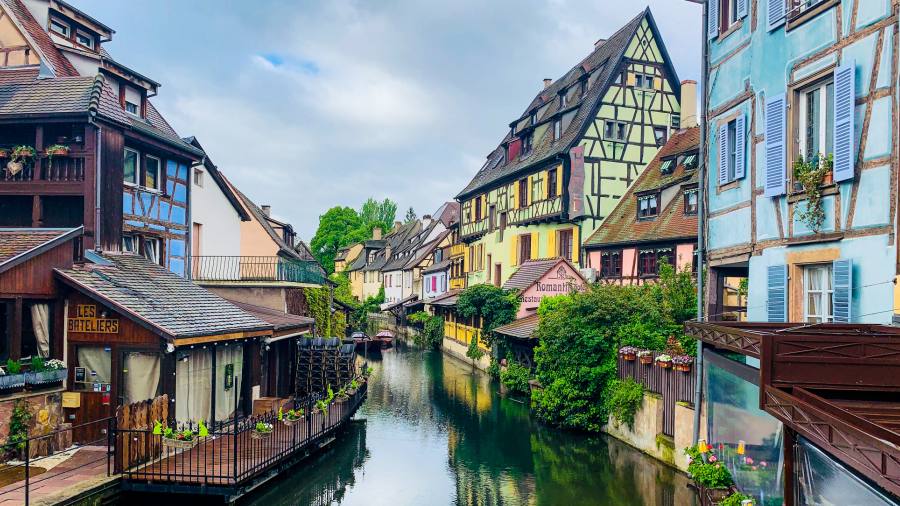






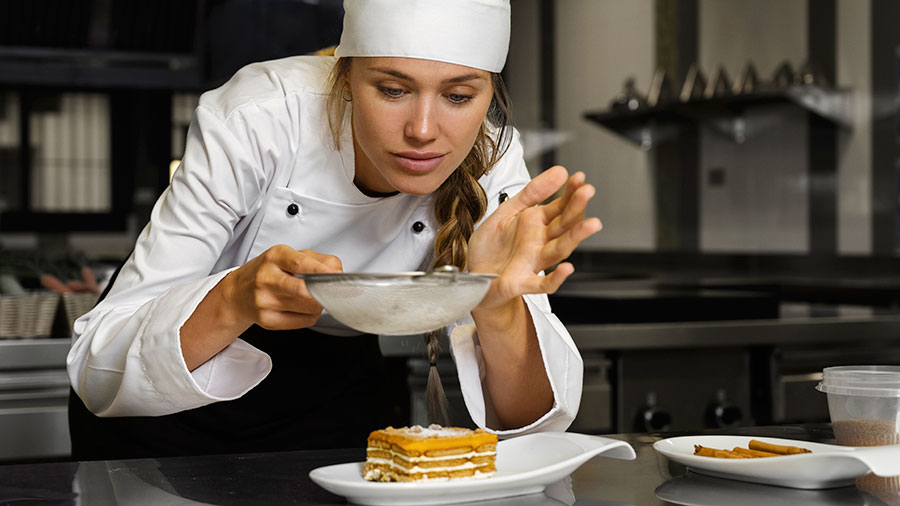


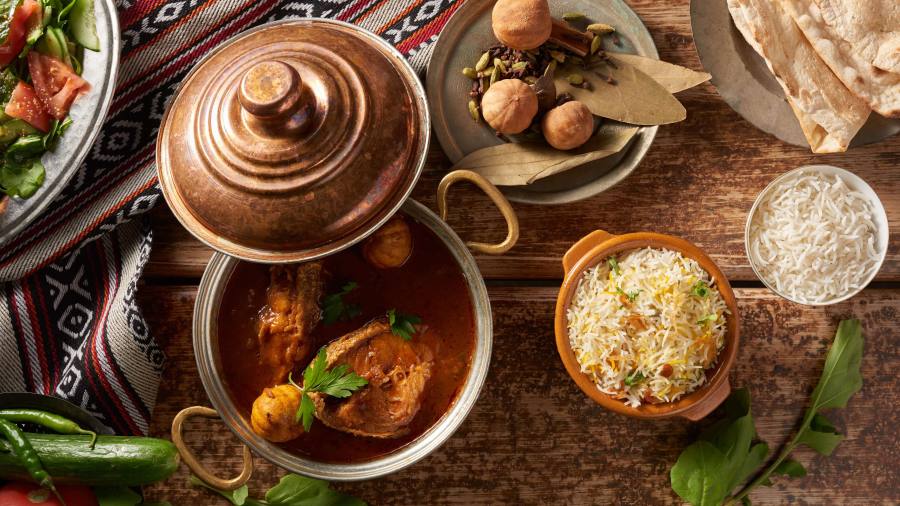

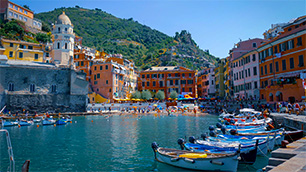 Gastronomy Cities
Gastronomy Cities
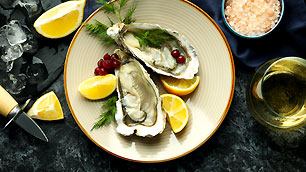 Amazing Food
Amazing Food
 Chef's Talk
Chef's Talk